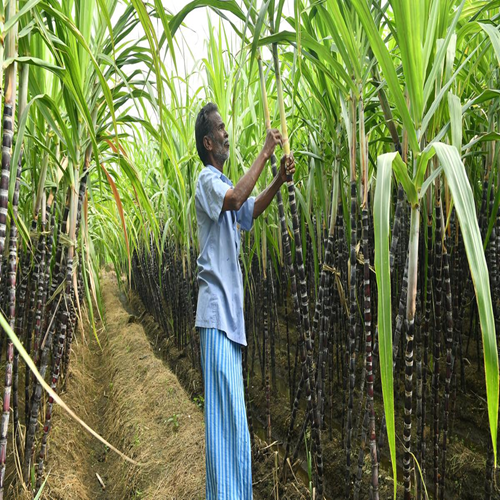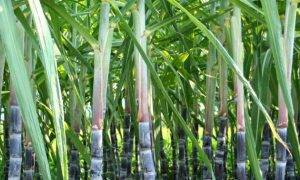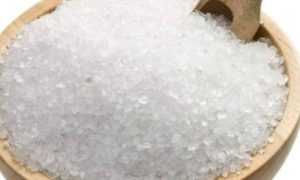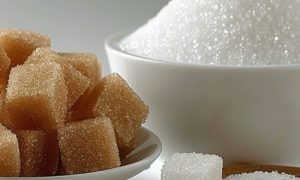Sugarcane industry faces threat from South Africa’s sugar tax

SA Canegrowers warns South Africa’s sugar tax harms small-scale farmers, costing over 16,000 jobs. Introduced in 2018, the tax affects drinks with over 4g sugar per 100ml. The industry, crucial for rural communities, faces challenges like drought, cheap imports, and low prices. Despite plans for transformation via biofuels and electricity, investment is hindered. Studies show significant reductions in sugary beverage purchases since the tax’s announcement.
SA Canegrowers says South Africa’s sugar tax is hurting the livelihoods of small-scale farmers.
The cane growing association says the sugar tax has suppressed the market for locally produced sugar and cost the industry more than 16,000 jobs. South Africa became the first country on the continent to introduce a sugar tax in 2018 as the Health Promotion Levy. The sugar tax applies to drinks with more than 4g sugar per 100ml.
While US opponents often criticize sugar taxes for their economic impact on jobs in the beverage industry, in South Africa the impact goes further back in the supply chain to the raw material.
South Africa is a large sugar producer: with the industry consistently ranking in the top 15 sugar producing countries worldwide. Furthermore, it’s the lifeblood of many rural communities (data from the South African Sugar Association says one million livelihoods depend on it).
But the industry has already been facing huge challenges for several years: ranging from prolonged drought to cheap sugar imports and lower sugar prices globally. Add on to that the Health Promotion Levy, with the industry facing an increase in the levy due next year.
The South African government had been due to increase the sugar tax last year but, acknowledging the
farmers’ concerns, told the sugar industry it had two yeas to readjust, restructure and come up with a way
forward. But it’s been clear this is just a hiatus: and is considering expanding the levy’s reach to a wider range of beverages.
For the sugar industry, transformation could come from a number of directions. That could include using
sugar as a sustainable aviation biofuel (SAF), or used for the co-generation of electricity.
While these projects could breathe new life into the industry beyond food and drink, Mdluhi fears the Health Promotion Levy has blocked investment into the industry – critical for its transformation.
“We need the industry to do more than survive; we need it to thrive,” he said. “The more we grow and expand, the more we can invest into supporting small-scale growers. To advance transformation, we need to recognise the barriers to sustainability and growth. We need to eliminate the Health Promotion Levy.”
A 2021 study suggests South Africa has seen large reductions in purchases of sugary beverages since plans for the tax were revealed in 2016 (reductions being driven not only among consumers post-introduction of the tax, but also from anticipatory reactions from the beverage industry to reformulate after the announcement of the upcoming levy).
Mean sugar from taxable beverage purchases fell from 16.25g per capita per day pre-announcement; to 14.26g capita / day post-announcement; and then to 10.63g capita / day in the year after implementation.
Mean volumes of taxable beverage purchases fell from 519ml capita / day to 492.16g capita / day post-announcement; then to 443.39ml per day post-implementation.
Source Link: https://www.beveragedaily.com/Article/2024/06/06/Sugarcane-industry-faces-threat-from-South-Africa-s-sugar-tax















